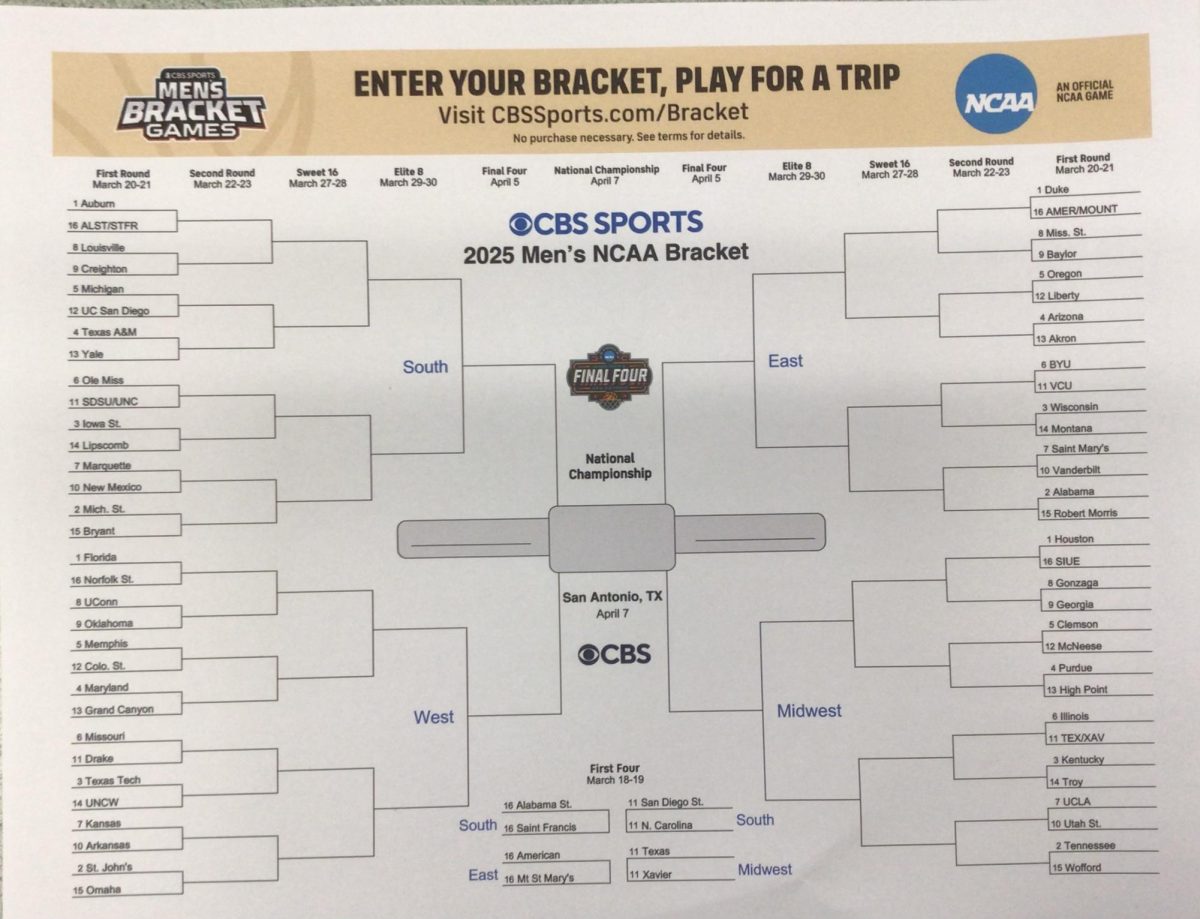When the caps are thrown, so are loans. The cost of your future depends on your choice of education.
College puts a title on where you’ll lead after high school. There’s one thing holding you back; what about finances? Finance plays a tricky role for college applicants considering this will determine the school, years, and school room and board necessities a student will have for the next four years.
The college sticker price can bring disappointment to families. But there’s no requirement of feeling ashamed when people see the college tuition, because there’s various aids that will grant your way into becoming a scholar.
FASFA, otherwise known as the Free Application for Federal Student Aid, is a financial provider for college applicants. The aid is a chosen boost to further financial eligibility. So far, the 2024-25 school year has had eleven million students apply to FASFA.
To highlight how well your aid will support you, in 2024 the average student loan debt was $40,681.
However, an average student borrows over $30,000 to complete a bachelor’s degree. Over forty-two million borrowers fall into federal student loan debt, taking over 20 years to pay off an average of $37,853.
Obtaining an undergraduate degree is one thing, but graduate degrees signify a higher level in college. A Postbaccalaureate Certificate is a secondary-level education that advances from a bachelors degree. In the fall semester of 2021 there were 1.8 million full-time students and 1.4 million part-time students academically striving towards the degree, which could hold almost 1-3 years of your education.
Upon graduation, students have laid in $60,990 of student loan debt plus an additional $50,620 for graduate debt. These add up to $111,610 out of your paychecks.
Although, the post baccalaureate certificate was the lowest debt holder, a law degree is the highest money taker, contributing up to $140,870 in student loan debt, and $132,740 in graduate debt, amounting to $273,610.
Taking from these examples, we can prioritize our future with our careers and income. So if your salary is lower than the sticker price of a degree, do not follow up with it.
So does college take your money or your knowledge? The most valuable part to ensure the next part of your life is to choose what works for your financial needs.
There are many perspectives on how to approach the answer, so the only answer is how the end results in.








